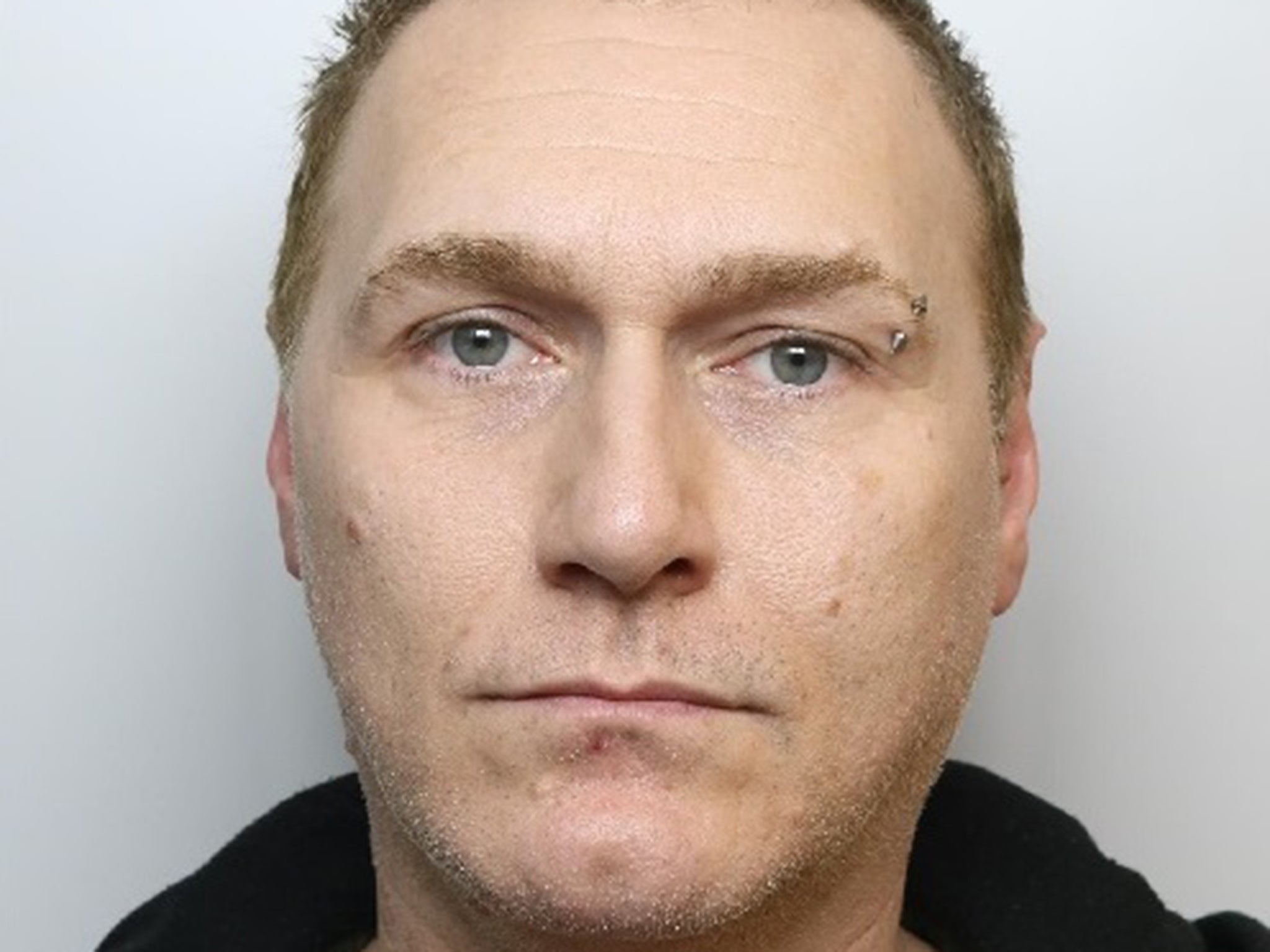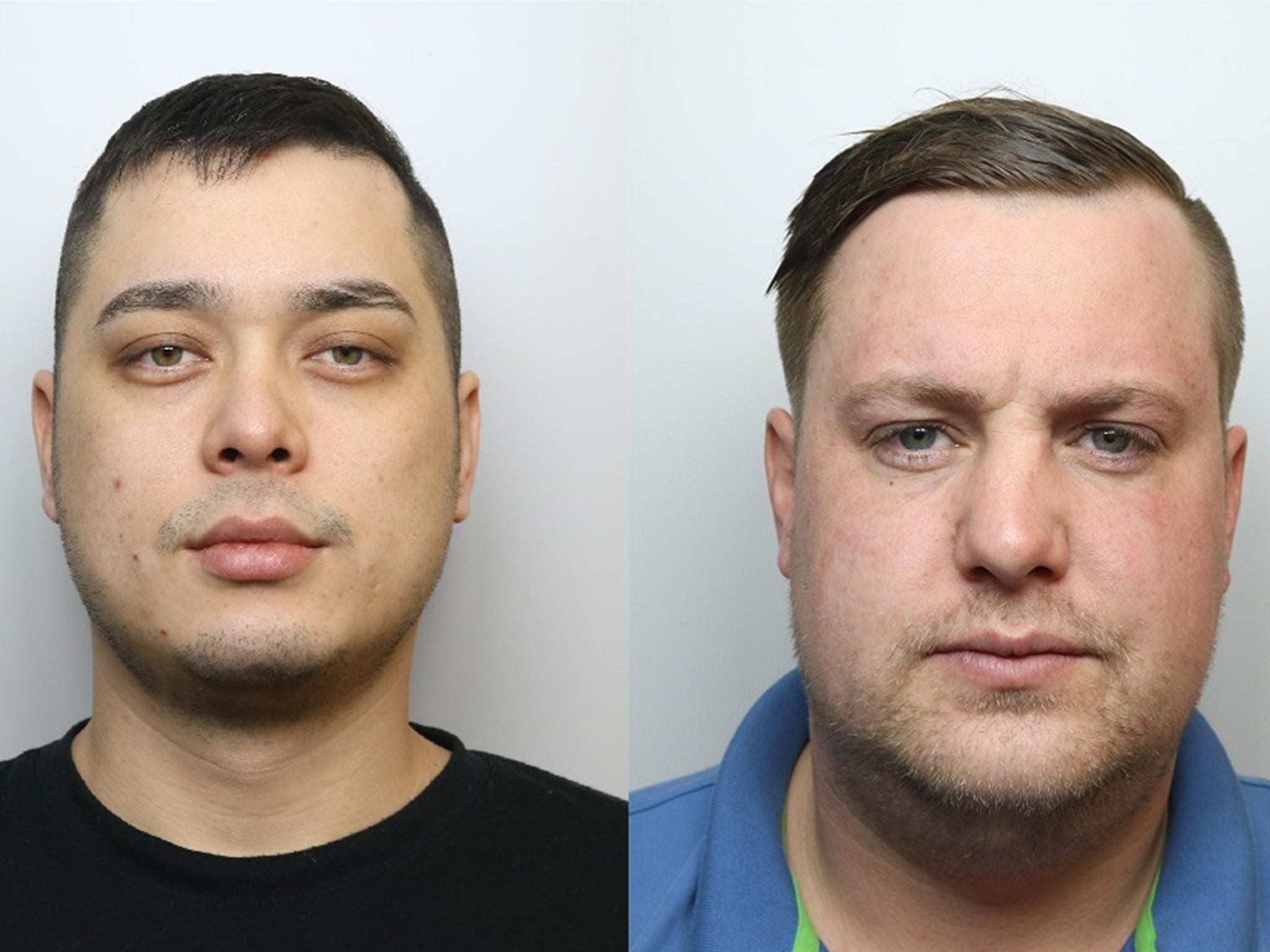Three men jailed for turning nuclear bunker into £2m-a-year cannabis factory
Movie memorabilia buff Martin Fillery helped turn the underground British Army base into a cannabis farm after writing a screenplay about the drug

Your support helps us to tell the story
From reproductive rights to climate change to Big Tech, The Independent is on the ground when the story is developing. Whether it's investigating the financials of Elon Musk's pro-Trump PAC or producing our latest documentary, 'The A Word', which shines a light on the American women fighting for reproductive rights, we know how important it is to parse out the facts from the messaging.
At such a critical moment in US history, we need reporters on the ground. Your donation allows us to keep sending journalists to speak to both sides of the story.
The Independent is trusted by Americans across the entire political spectrum. And unlike many other quality news outlets, we choose not to lock Americans out of our reporting and analysis with paywalls. We believe quality journalism should be available to everyone, paid for by those who can afford it.
Your support makes all the difference.Three men who turned an underground nuclear bunker designed for Army VIPs into the "largest cannabis factory to be found in the south of England" have been jailed for a total of 18 years.
Martin Fillery, 46, had written a screenplay about cannabis production before he joined the £2m-a-year criminal enterprise at the Regional General Headquarters (RGHQ) in Chilmark, Wiltshire.
The movie memorabilia buff leased the remote building in 2013 and initially used it as a storage facility for his business selling model Daleks and cars.

Plamen Nguyen, 27, and Ross Winter, 31, joined the pot production plot to help organise the gardeners and transport the drugs, Salisbury Crown Court heard.
Prosecutor Charles Thomas said: "This case concerns what had originally been built and designed as a nuclear bunker to be used by important personnel coming from the Army headquarters in the event of a nuclear war.
"In the 1990s that building was decommissioned."
The court heard police were tipped off by a delivery driver who reported a cannabis smell at the site and officers carried out three periods of CCTV surveillance before raiding the bunker in February 2017.
They found 4,425 plants at all stages of production as well as 6,500 dead used plants with a total value of £1.25m.
Mr Thomas said that about 20kg of harvested and dried cannabis was also found with a value of about £99,000.
The factory was capable of producing up to £2m-worth of cannabis a year.
"That puts the enterprise in category A of the guidelines as a production of cannabis on an industrial scale," said Mr Thomas.
As well as the equipment used to grow the cannabis, which would have cost £140,000 to set up, the police found living accommodation including a fully stocked kitchen for four Vietnamese men who were employed as gardeners.
Police had initially considered whether modern slavery offences had been committed but they could not prove that the gardeners were being held against their will, Mr Thomas explained.
He added that three of them had since been deported and the fourth case was under appeal.
Electricity stolen from a nearby pylon used to power the growing lights and other equipment had an estimated maximum value of £650,000.
Mr Thomas said that Fillery had a "leading role" in the operation which is believed to have begun in May 2014 while Winter, of Maytree Avenue, Bristol, provided transport and Nguyen, of Horfield, Bristol, was a liaison for the gardeners.
The three defendants admitted conspiracy to produce class B drugs and abstracting electricity.
Fillery was jailed for eight years while Nguyen and Winter were each given five years in prison.

Judge Keith Cutler said: "Each of you has played a part in what amounts to one of the most serious crimes that this area has seen for a long while.
"Chilmark is essentially an English village, picture-book beauty. It's also the spiritual home for Wiltshire as Salisbury Cathedral is built from Chilmark stone.
"In return you in your own way have decided to use this large nuclear bunker to carry out the production on an industrial scale of cannabis."
Fillery, of Ashcott, Bridgwater, Somerset, was also sentenced for possessing criminal property after police found movie memorabilia worth £1m at his home.
Speaking after the hearing, Detective Inspector Simon Pope, of Wiltshire Police, said: "I am very pleased with the sentences handed out today.
"It sends a clear message to the public that the production of cannabis is an incredibly serious offence and it's been acknowledged the three defendants played a significant role within this criminal conspiracy.
"The operation is one of the largest that Wiltshire Police have come across. This was a significant undertaking for our force and I am glad that all the hard work by all those involved has contributed to taking a large quantity of harmful drugs off our streets."
The bunker at RGHQ Chilmark was constructed in the 1980s to house local government in the event of a nuclear attack during the height of the Cold War.
Its nuclear blast doors make the site almost impenetrable.
Press Association